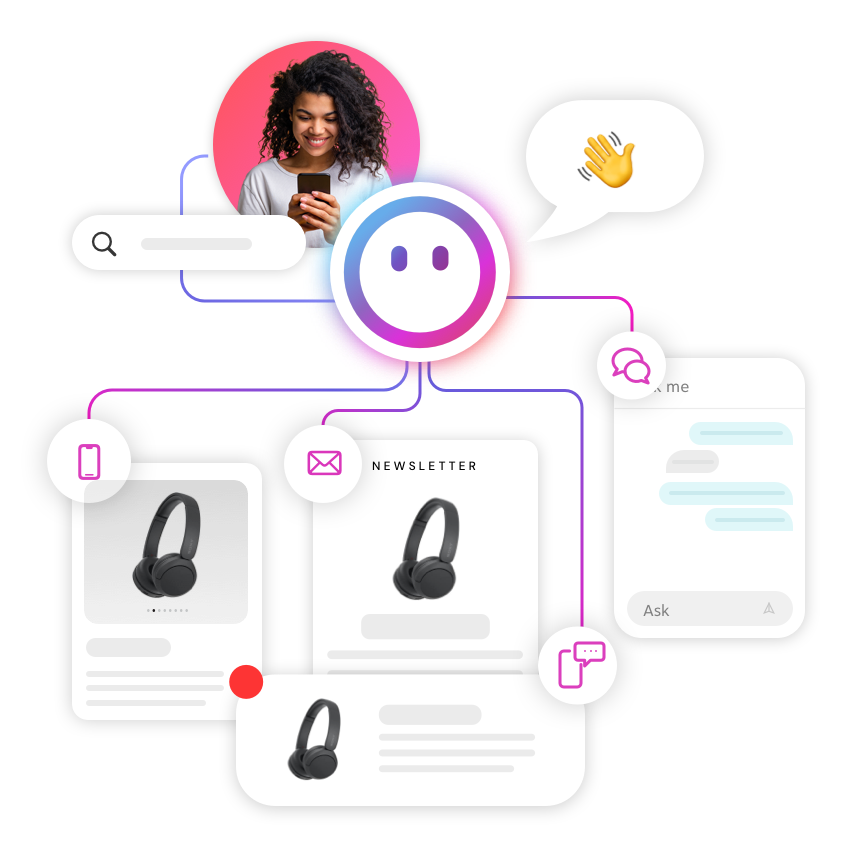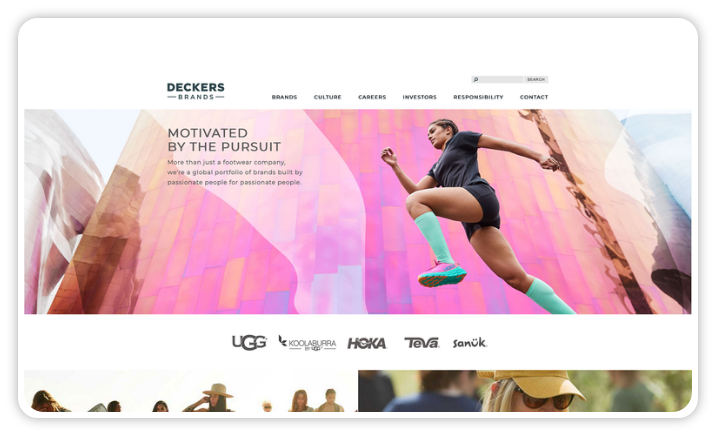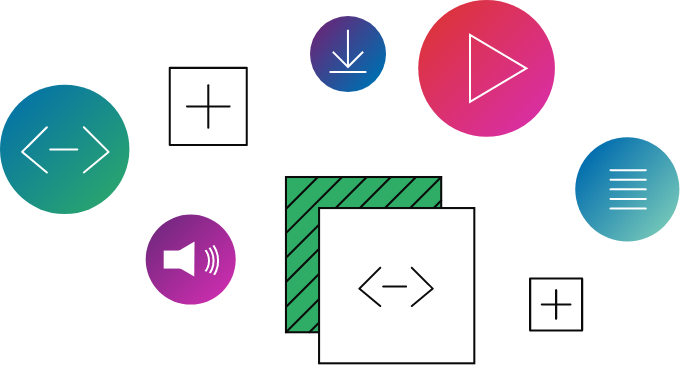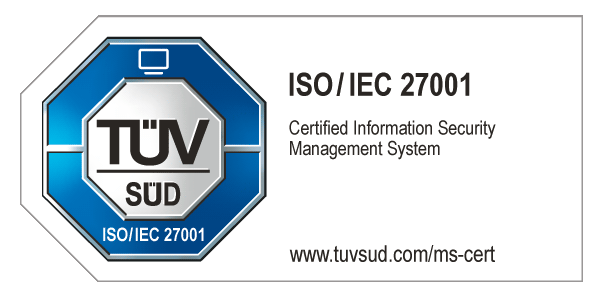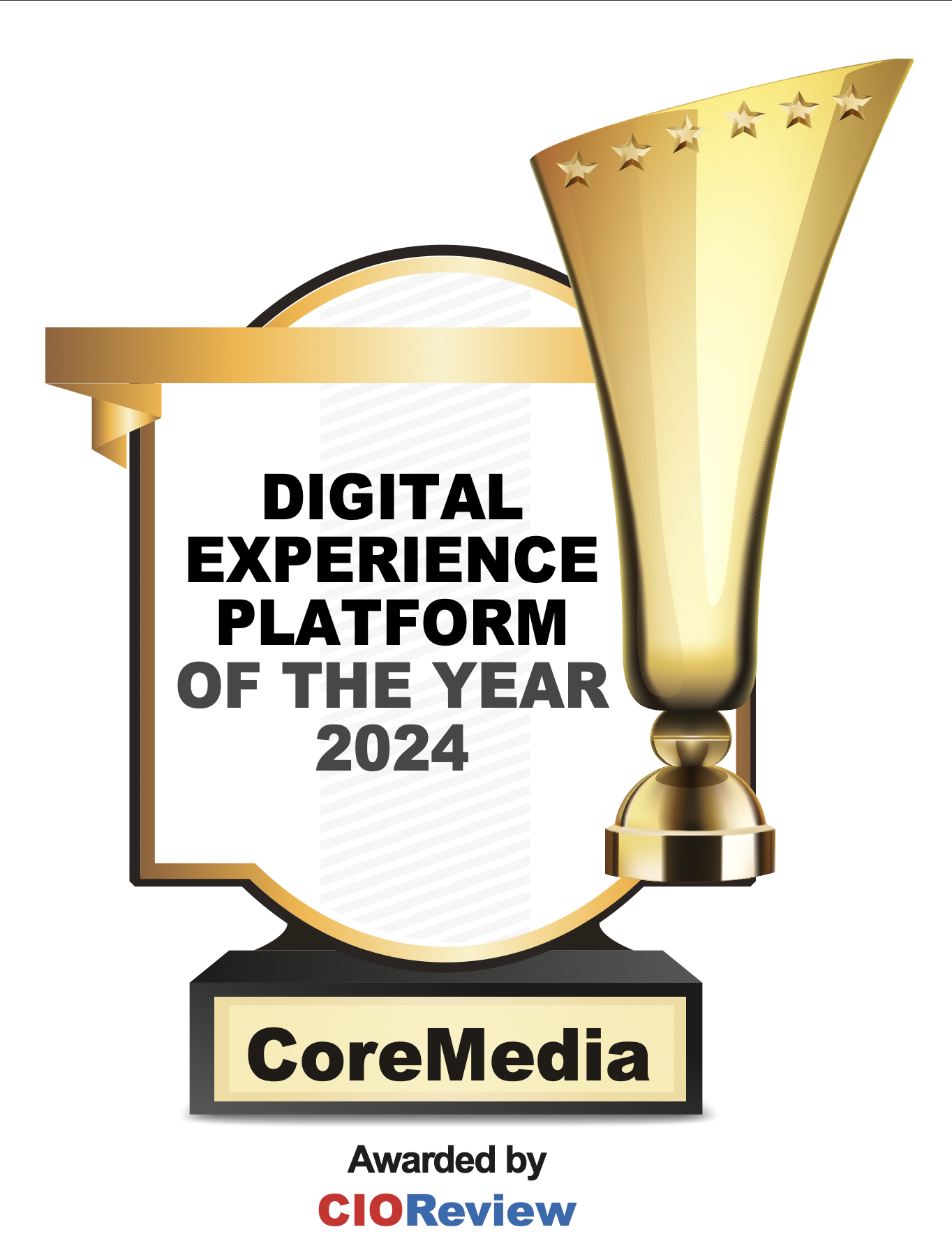In their quest to improve the experiences they deliver to their customers and under pressure to move more business online, companies are increasingly looking at upgrading or replacing their existing web content management systems (WCMs) and their eCommerce systems at the same time. Due to the complexity of adding just one business-critical platform, let alone two, this means looking for help from external partners to lead and manage the effort. What's the best way to identify the best prospective content and commerce implementation partner?
There is no silver bullet, but there are ways to minimize risk. In Digital Clarity Group’s research program, where we conduct in-depth interviews with customers involved in complex digital technology integration projects, we've begun to identify key areas where projects commonly go off the rails, and conversely the necessary foundations of successful projects. Ultimately, the latter tend to be cases where the partner demonstrated a combination of technical and project management expertise coupled with superior customer service.
No two such projects are the same, even if they include virtually the same technology systems and the same implementation partners, due to the vagaries of legacy infrastructure and processes that each company has.
If you are in the process of evaluating potential content and commerce implementation partners, there are several important criteria you’ll need to consider:
- Do they have demonstrableprior experience with integrating the WCM and eCommerce platforms you currently use or are considering purchasing? “Demonstrable” here is key: In theory, APIs and connectors exist in theory between many of the major platforms for both types of technology systems. In practice, however, getting those systems to work together and to integrate with an organization’s legacy technology is no simple task.
- If they don’t have this demonstrable experience, what kinds of incentives or deal terms can they offer you to compensate for the extra time and resources they will require as they learn on the job? For example, can they offer extended support to your internal users for no additional fees? Are they willing to referee troubleshooting between your platform vendors? Will they do post-implementation check-ins to ensure the systems are working properly? Will they train your power users so they can handle potential problems in the future? In short, are they willing to treat this integration as an investment in building their expertise and not as an opportunity to add on extra service fees?
- Can they explain how your content and commerce integration will work using scenarios that show they understand your business dynamics, industry, and customers? For example, say you are a global manufacturer that deals with various channels: direct, online via your website, distributors, and so on. Can your potential partner explain how the integrated content and commerce system will include one set of processes for your largest distributors, the ones familiar with your products and who buy in large quantities at set discounts, as opposed to a new customer who wants to make a one-off purchase?
- Can they demonstrate expertise in rich content, user experience, and design, as well as in technology integration – and explain how their project teams are set up to collaborate on these diverse challenges? While more and more traditional systems integrators have been acquiring or building up user experience and design expertise, in practice they may not yet have a smooth collaboration and handover process between the different sides of their business. This may be the case with companies that have much of their technology delivery in separate countries and across different time zones than the design-focused or newer parts of their businesses. Similarly, digital agencies may have the user experience piece in spades, but lack the depth of technical knowledge to handle integrations.
- Are they clear with what your responsibilities will be so that they have access to the systems and information they need about how your organization works? And will they work closely with you throughout the implementation, rather than disappearing for months before coming back with a finished product?
Content and commerce integration is a complex challenge for even the most experienced implementation partners. Choosing a partner that understands the challenge, and one that takes the time to understand the uniqueness of your organization’s infrastructure and what you want to be able to do, will be essential to your project’s success.
A version of this post was originally published on the Digital Clarity Group website.
